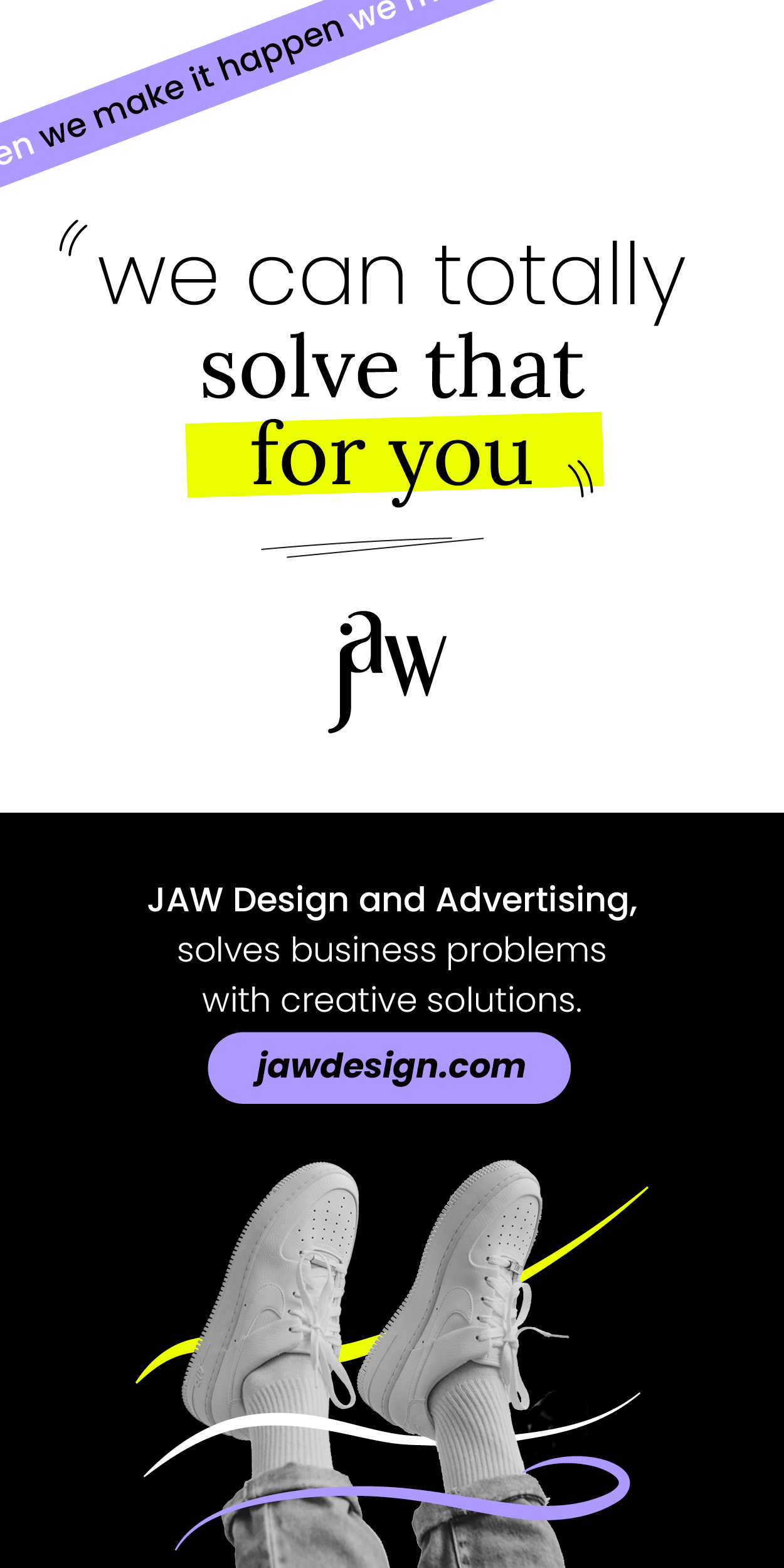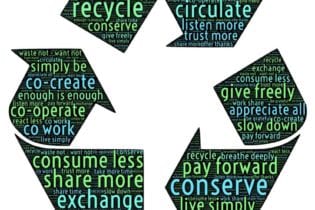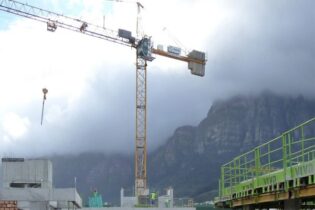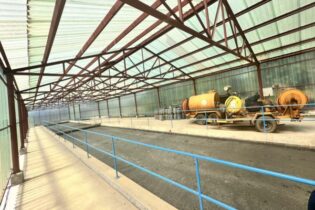Africa’s water and sewerage utilities are not coping with the ever-increasing demand and the adoption of appropriate technologies is an opportunity to reverse this situation.
It is with this in mind that the African Development Bank is making an effort to increase the transfer of technologies and skills to the African continent. The Bank’s participation at the recent World Water Tech Investment Summit in London from March focused on promoting opportunities in the African market and tangible actions to accelerate the uptake of advanced technologies in water and sanitation for more sustainable services. While there are examples of advanced technologies, such as desalination plants in Morocco and waste-to-energy programmes in Uganda, it is safe to say that the African utilities do not take advantage of the technologies that exist on the market.Responding to Africa’s needs
AfDB stressed the need for technologies and solutions that respond to the needs of the African utilities. The greatest immediate needs are in the areas of water loss reduction and energy efficiency.Opportunities also include more effective treatment technologies, allowing for re-use of wastewater and sewerage by-products.
The Summit’s private sector participants were keen to scale up in Africa; however, the lack of project opportunities is a bottleneck, and project designs still primarily rely on traditional technologies that have not changed much over the past decade. Scaling up innovative technologies is perceived as risky by the public entities that are almost exclusively responsible for WSS investments on the continent. Malinne Blomberg, Chief Financial Analyst in AfDB’s Water and Sanitation Department noted that one of the keys to accelerate the update of innovative technologies is to shift some of this perceived risk from the public to the private sector. In its continuous efforts to grow its $3 billion water supply and sanitation portfolio, the Bank is creating space for the private sector to assume some of the responsibilities for water and sanitation services, which includes build/operate/transfer (BOT), design/build/operate (DBO) and performance-based contracts.






